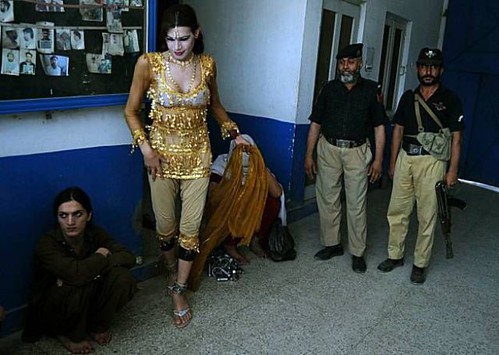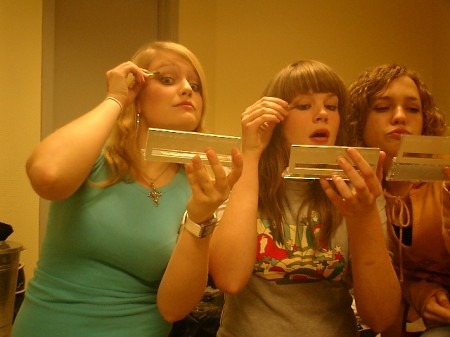This post follows a previous one (July 2, 2012) where I recited some of Jay Haley’s thoughts on marriage counselling, here.
I have mentioned before how I like some of what he says. He is a family system therapist. My personal view is sometimes the family system is of central importance to a client presenting with some kind of symptom. On other occasions it is of little or no importance. On those occasions when it is, I tend to use the Haley model of systems theory. Or at least I keep it in the back of my mind when working with the couple or family members.
In my early training in couples therapy which was some time ago it was highlighted how the counsellor must be an impartial party and not to be seen as favoring one party over the other. I have tended to follow this over the years but have always felt a bit uncomfortable with it as it seems a bit limiting in what the therapist can do.
--------------------
Jay Haley
A good therapist will avoid consistently being in a coalition. At times the therapist will side with the wife and at times with the husband. The art is to avoid consistent coalitions. One should join a spouse against another in a calculated way for a specific purpose. In certain situations the therapist may want to destabilize a marriage to produce change. Sometimes a marriage may be stable but miserable. An effective way to destabilize a marriage is to join one spouse against another and simply hold that position. It will tend to bring out emotions and action in the stable couple.
-------------------
I like this idea as it allows for much more flexibility by the couples therapist. It is different than my original training in marital therapy that I mentioned above. Also it rests on another basic premise of Haley. He posits the following
------------
Jay Haley
In couples therapy it is best for the therapist to consider whatever the partners do in relation to each other they also are doing in relation to the therapist. The therapist views the couples therapy as a triad where the therapist is an active party in the dynamics of what goes on between the couple.
A comment by the therapist is not merely a comment but also a coalition with one spouse in relation to the other or with the unit against a larger group.
-------------------
This makes more sense to me. The therapist automatically enters the dynamics of the marital relationship. They cannot be uninvolved, instead it is inevitable and couples therapy is always a triad not a dyad. This clarifies for me what I kind of knew but have never articulated clearly. When doing couples counselling one sees this obviously happening. One is an involved party in the couples relationship.
This however raises another interesting proposal as it provides the beginning of a relational therapy approach to couples counselling. The therapist becomes actively involved in the relationship with the couple and the relationship is used as the agent of change. The therapist is using his relationship with the husband and wife (and their marriage) as the means to facilitate change.
In this relational approach to psychotherapy, it is the relationship to the client that is seen as the agent of change. This implies that as the client changes the relationship to the therapist, this forces the therapist to react to the changed relationship and this makes the therapist also have personal change.
Jay Haley states, “He usually finds his own marriage undergoes changes in response to his experience with couples.” Here we have Haley stating in 1976 a basic premise of the current ‘new’ relational approach that is currently very in vogue in world psychotherapeutic circles.
Individual and couples therapy
Some therapists have a rule that if you see a person in individual therapy you must not at a latter time see that person and their spouse in couples therapy. This situation not uncommonly arises in counselling, where the partner wants to get involved. Some of the logic behind this rule is that you cannot be unbiased as the couples therapist, because you have a pre existing relationship with one party and not the other.
I have never had that problem or followed that rule. I am quite willing to see a couple where I have had a pre existing therapeutic relationship with one party and not the other. After thirty years of counselling I have come to learn that in marital disharmony there is always two sides to the story.
What is being proposed here by Haley now makes more sense. In the situation described there is already a coalition formed between the therapist and the client previously seen in individual therapy. It is quite likely the spouse who appears later in counselling will experience such a coalition existing as does the pre existing client. Even before the first couples session has started the dynamics of the husband-wife-therapist triad is occurring. One simply uses the perceived coalitions for the couples gain.
This changes the therapeutic landscape quite considerably. Haley states that counselling one party in individual therapy and not the other will tend to build a coalition between the two with the other spouse being out side that coalition. Thus one can use this method to build coalitions with one spouse as well as reducing existing coalitions by seeing the other spouse in individual therapy.
In this way the distinction between individual therapy and couples therapy becomes meaningless. Individual therapy becomes one technique or one subset of the overall couples therapy.
Graffiti




I have been in great bondage for almost 2 years suffering in the hands of a cheating husband,we were happy and leaving well until he meant his old time time girl friend and he started dating her outside our marriage before you knew it he stopped caring and taking care of his own family it was to the extent that now he was planning to get married to her and divorce his own wife, i have cried and reported him to his family but he never listened to any one but to cut my story short i came in search for a real spell caster who could destroy their relationship and make him come back to his wife and 2 kids on my search i saw people making testimony on how their marriage where restored by Priest Ajigar i pick his email and i narrated my story to him and he agreed to help me and after performing a spell on the third day they both had a quarrel and he beat his girlfriend up and he came home begging for i and my little kids to forgive him that his eyes are clear now that he will never do any thing that will hurt his family again and promise to be a caring father and never cheat again.I am so so happy that i did not loose him to the girl all appreciation goes to Priest Ajigar for you are a Great spell caster and to whom this may concern if you have a cheating husband or wife yo can find his email by typing Priest Ajigar on google.com and contact him on his email
ReplyDeleteJolene Leslie from from USA
Clinical Psychologist Australia has the best services for all.Marriage Counselling
ReplyDeleteMarriage is not a matter of only being named. It is a matter of entire life of couple and their family. It hearts all and make a wrong effect at them.
ReplyDeleteSo, in situation off divorce, couples should take advice from a consular. Who can help to their life.
Relationship Counselling
Your blog is helpful and informative. Thanks for sharing a nice post about Marriage Counselling. Know more Click on Marriage Counselling here.
ReplyDeleteAll marriages are worth saving nor are we capable of saving all marriages. When there is physical, sexual, or substance abuse or when there has been repeated and/or unrepentant adultery, it is often more desirable to end the marriage to protect the spouse and/or the children. Having said that, if both individuals want to save their marriage, and they get appropriate help, it is possible to save most marriages. At one point, I heard that perhaps as many of 70% of divorces can be avoided with proper assistance and commitment on the part of both spouses.
ReplyDelete